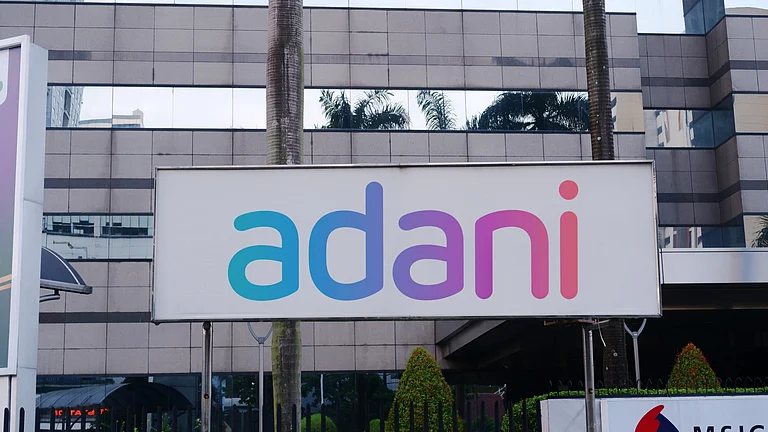RBI MPC Meeting: The Reserve Bank of India’s (RBI) Monetary Policy Committee (MPC) on Thursday (April 6) kept its key lending rate unchanged at 6.50 per cent, as per the announcement by RBI Governor Shaktikanta Das. The concluded three-day long RBI monetary policy meeting was a part of the bi-monthly policy review that the central bank undertakes. At the beginning of the address, the RBI Governor said, "The year 2023 began on a promising note.....Inflation globally has moderated but its dessent to the target is proving to be long."
The 'repo rate unchanged' decision by the RBI MPC was taken once again at the backdrop of managing inflation and growth. This time, retail inflation, particularly, has been troublesome for the central bank as it has remained outside its tolerance limit. In addition to this, liquidity management by the central bank, has also been a primary motive over the last couple of months. The governor also said that till date, the central bank's MPC has cummulatively hiked the repo rate by 250 bps.
Before this, in the last MPC held in February 2023, the RBI opted for a 25 bps rate hike while focussing on its stance ‘withdrawal of accommodation.’ Even this time, several analysts expected a similar hike and same stance. However, as per the RBI’s address, the repo rate remains unchanged and what happens in the future, will be assessed based on various micro and macro-economic factors.
As far as the GDP growth goes, the RBI, in its last MPC, also clarified that it expects the real GPD growth for the financial year 2023-24 at 6.4 per cent. While inflation continues to remain sticky, the central bank expects it to moderate, eventually.
In the event of a global economic downturn, the last couple of months and MPC’s have seen the RBI opting for a tightening of monetary policy. The central bank has repeatedly raised the repo rates by different bps, often drawing cues from both domestic factors and the world economy. In addition to this, the interest rate hike stance adopted by the US Federal Reserve (Fed) and the Bank of England (BoE), also tend to affect RBI’s moves.
































